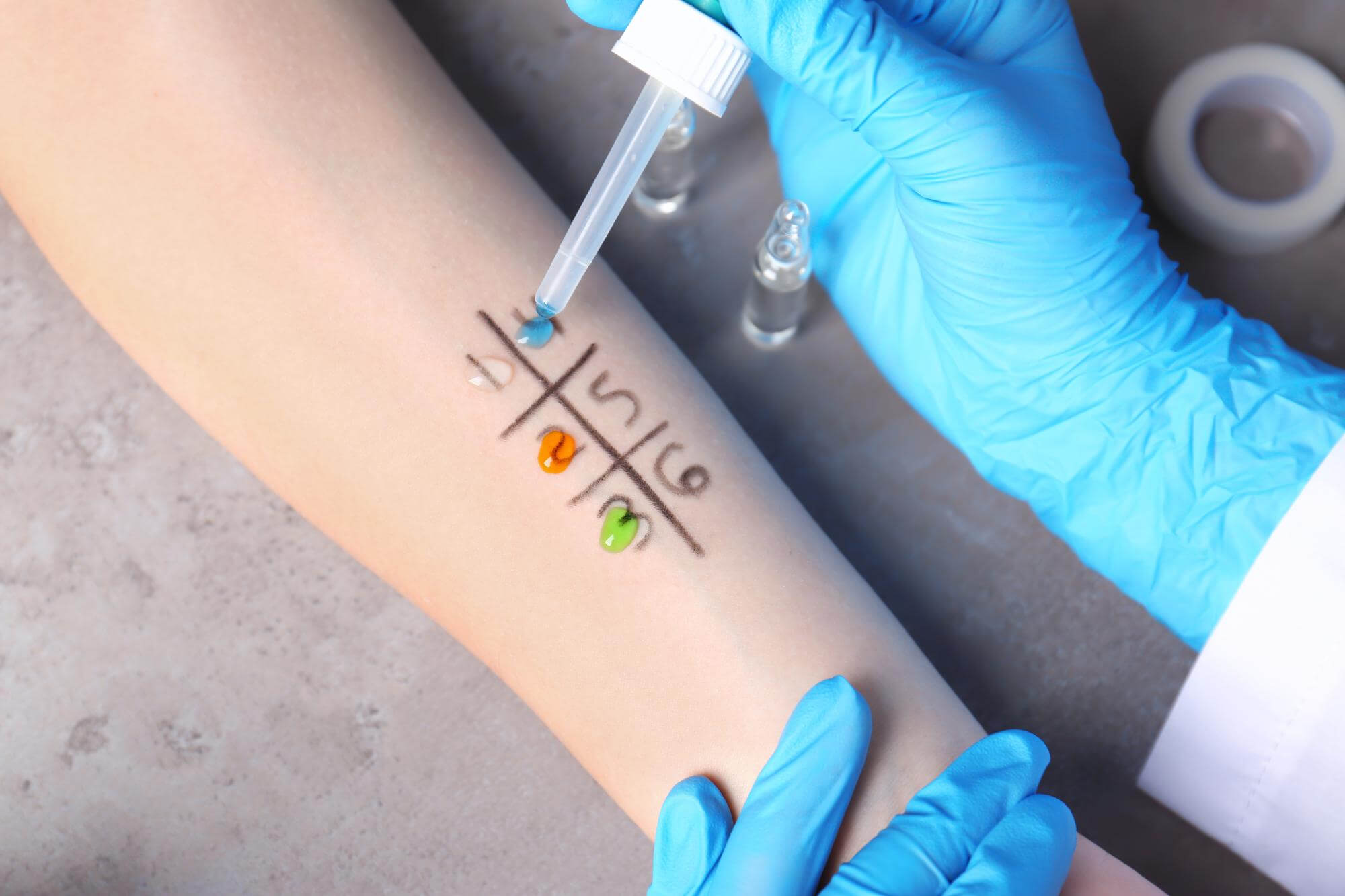Apple allergy: what to do if you have an allergic reaction?


Viktor Levchenko
Apple allergy is a common phenomenon that can manifest itself in varying degrees of severity. In this article we will look at the causes, symptoms, diagnosis and treatment of apple allergy.
What is an apple allergy?
An allergy to apples is an immune response of the body to certain proteins contained in apples. Allergies can occur to both red and green apples, because they contain similar allergens. In some cases, cross-allergies to apples and other fruits or foods may occur.
What are the symptoms of apple allergy?
An apple allergy can manifest as the following symptoms:
- Itching and redness of the skin;
- Swelling on the face, lips, or tongue;
- Runny nose, stuffy nose;
- Urticaria;
- Diarrhea, nausea, or vomiting;
- Bronchospasm or asthmatic attack.
Who is susceptible to apple allergy?
Apple allergy can occur in people with a genetic predisposition to allergic reactions, as well as in those who already suffer from other forms of allergy, such as pollen allergy or atopic dermatitis.
How to diagnose an apple allergy?

The following methods are used to diagnose apple allergy:
- Anamnesis - collecting information about symptoms, the products causing the allergic reaction, and a family history of allergies.
- Skin tests-applying apple extract to the skin and evaluating the reaction.
- A blood test for antibodies (IgE) to apple allergens.
When conducting treatment tests the doctor may suggest that the patient exclude apples from his diet for a certain period of time, and then gradually introduce them into the menu and observe the possible reactions. This helps to clarify the diagnosis and determine the patient's individual tolerance to apples.
How to treat apple allergy?
The main method of treating an apple allergy is to avoid contact with the allergen - avoiding apples and apple-based products in your diet.
What medicines can help with apple allergy?
Depending on the symptoms of apple allergy, the doctor may prescribe different medications:
Antihistamines: Cetirizine, Loratadine, Fexofenadine;
Corticosteroids: Prednisolone, Hydrocortisone;
Bronchodilators: Salbutamol, Formoterol.
It is important to remember that all medications should be prescribed by a doctor and taken strictly according to the recommendations of a specialist.
How to prevent allergies to apples?

The following steps can be taken to prevent allergies to apples:
- Avoid eating apples and apple-based products if you have or suspect an apple allergy.
- Introduce new foods into your diet gradually and monitor your reaction to them carefully.
- See your allergologist for a diagnosis and recommendations for diet and treatment.
What foods should I avoid if I have an apple allergy?
Not only apples, but also products based on apples should be avoided in case of allergy to apples:
- Fresh apples (red and green);
- Juices and compotes made from apples;
- Apple puree and jam;
- Apple cider vinegar;
- Apple chips.
You should also be careful of foods that contain cross-allergens, such as pears, cherries, peaches, plums and some nuts.
Apple allergy is a fairly common condition that can manifest itself with a variety of symptoms. If you suspect that you may be allergic to apples, be sure to see an allergist for diagnosis and appropriate treatment. Following the recommendations of a specialist and being cautious when eating apple-based products will help to avoid allergic reactions and keep you healthy.
New materials
Popular Articles
We recommend reading
Contact us in the Contact Us section to ask questions, offer ideas, or for more information about our allergy resource.
Our articles are your trusted source of allergy knowledge. Learn how to make life with allergic reactions easier on our specialized portal.
©
Lechenie-Allergii.com. All rights reserved.
© Lechenie-Allergii.com. All rights reserved.
The information on this site is for informational purposes only and is not a substitute for professional medical advice. We recommend consulting with qualified medical professionals for accurate information and advice.
 English
English  Українська
Українська  Русский
Русский 









